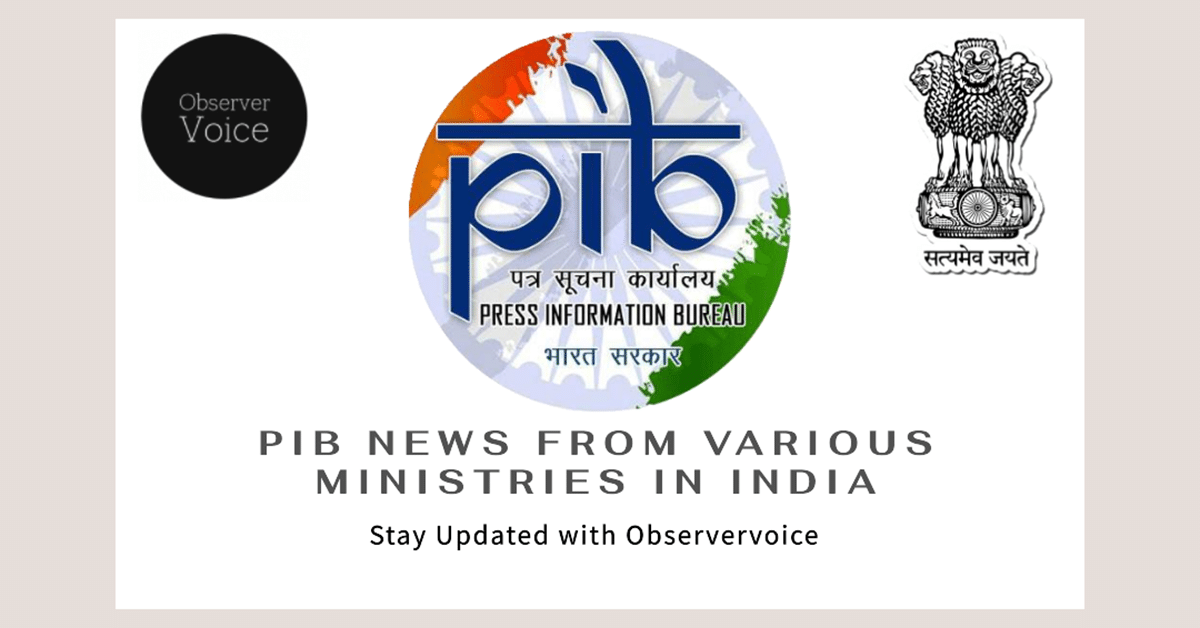Transforming India’s Medical Regulatory Landscape

In a significant move towards enhancing India’s medical regulatory framework, Prof. Ajay Sood, the Principal Scientific Adviser (PSA) to the Government of India, recently chaired the third meeting focused on this transformation. This meeting followed up on earlier discussions held on August 21, 2024, and was part of a broader initiative to improve the regulatory ecosystem for medical products in India. The 24th PM-Science Technology Innovation Advisory Council (PM-STIAC) meeting, which took place on February 6, 2024, emphasized the need for a comprehensive overhaul of regulatory processes. The goal is to create a system that ensures transparency and accountability while promoting innovation and the introduction of safe and affordable medical products.
A Call for Regulatory Overhaul
The PM-STIAC meeting highlighted the urgent need to reform India’s regulatory system for medical products. The council, chaired by Prof. Sood, recommended a thorough review and restructuring of existing processes. The aim is to build a regulatory framework that not only safeguards public health but also encourages innovation in the medical sector. By fostering an environment of transparency and accountability, the government hopes to attract both domestic and international investments. This initiative is crucial for ensuring that India remains competitive in the global market for medical products.
The recommendations from the PM-STIAC meeting are expected to lead to significant changes in how medical products are regulated in India. The focus will be on streamlining processes, reducing bureaucratic hurdles, and enhancing the overall efficiency of the regulatory system. This transformation is essential for ensuring that safe and effective medical products reach consumers in a timely manner. As India continues to grow as a hub for medical innovation, a robust regulatory framework will be vital for maintaining public trust and ensuring the safety of medical products.
Progress Updates from CDSCO
During the meeting, Dr. Rajeev Raghuvanshi, the Drug Controller General of India (DCGI), provided updates on the progress made in priority areas. He reported that India has successfully maintained its Maturity Level 3 (ML3) position in the National Regulatory Authority (NRA) assessment for vaccines by the World Health Organization (WHO). This achievement underscores India’s commitment to high regulatory standards in the pharmaceutical sector.
Additionally, the Central Drugs Standard Control Organisation (CDSCO) hosted the International Conference of Drug Regulatory Authorities (ICDRA), which saw participation from regulators across over 120 countries. This event highlighted India’s growing influence in the global regulatory landscape. Dr. Raghuvanshi also announced the inauguration of the 9th CDSCO drug testing lab in Bhubaneswar, aimed at enhancing the country’s drug testing capabilities.
Significant improvements are being made to streamline internal processes within CDSCO. The organization is adopting Kaizen methodologies to enhance efficiency. Furthermore, progress has been made on PM-STIAC recommendations, including streamlining the Subject Expert Committee (SEC) review process and increasing engagement with innovators through initiatives like Medtech Mitra. These efforts are crucial for increasing the scientific capacity of CDSCO and ensuring that the regulatory framework keeps pace with advancements in medical technology.
Building Trust and Boosting Innovation
Prof. Sood commended the efforts of CDSCO in advancing India’s regulatory framework. He emphasized that a strong and enabling regulatory ecosystem is essential for building trust in both domestic and international markets. This trust is critical for boosting manufacturing capabilities and enhancing exports of medical products. By creating a reliable regulatory environment, India can leverage its competitive advantages in the manufacturing sector.
The ongoing reforms are expected to spur innovation across the medical products sector. As regulatory processes become more efficient and transparent, companies will be more inclined to invest in research and development. This, in turn, will lead to the introduction of new and innovative medical products that can benefit both Indian consumers and global markets.
Observer Voice is the one stop site for National, International news, Sports, Editor’s Choice, Art/culture contents, Quotes and much more. We also cover historical contents. Historical contents includes World History, Indian History, and what happened today. The website also covers Entertainment across the India and World.
Follow Us on Twitter, Instagram, Facebook, & LinkedIn

